
Venezuela opposition press for Citgo-backed debt break
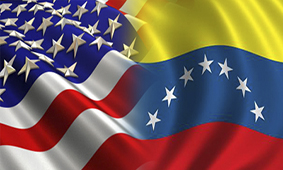
The standoff over the PdV 2020 bond is being watched closely by numerous other creditors. These include Russia and China, which have outstanding oil-backed loans with Venezuela. Envoys representing opposition leader Juan Guaido, who is recognised as Venezuela's interim president by the US and many other countries, have made overtures to institutional investors holding the bonds. The bonds were issued as part of a controversial swap in 2016 that pledged shares in PdV's US refining subsidiary Citgo as a way to avoid a disorderly default.
The bondholders are owed $842mn in principal and $72mn in interest on 27 October. Because the deadline falls on a Sunday, the effective date of the payment is the following day. The coupon payment, but not the principal, has a 30-day grace period. Guaido's shadow administration, which has nominal control over Citgo but no authority over PdV, says it is unable to pay.
Venezuelan president Nicolas Maduro had been honouring the PdV 2020 bond payments until May, when Guaido's team stepped in with a $72mn interest payment aimed at preventing Citgo from falling into the hands of creditors. The US Treasury — which has imposed extensive oil and financial sanctions on Venezuela — allowed some of PdV's frozen US funds to be used to make the payment. It is unclear how much money is left in PdV's embargoed US coffers, but the bond payment due on 27 October is seen as being way beyond the opposition's means.
Maduro's opponents dismissed concerns about a precedent being set at the time of the May interest payment, predicting that he would have lost power before the October obligation was due. But with Maduro still in control, Guaido's administration and its overseas advisers have grappled for weeks over how to handle the debt payment. Efforts to persuade the White House to issue an executive order or tweak the sanctions to protect Citgo from being seized by creditors went nowhere.
Guaido's team and the bondholders are now blaming each other for not approaching the matter in good faith. "We keep pushing for a negotiated and rational solution," a senior opposition figure involved in talks with the bondholders says. "We need to agree on a forbearance, hence time to craft a solution that takes into account the market value of the debt as well as the invalidity issue."
Institutional investors that hold the PdV 2020 bonds — which include companies such as Ashmore, Fidelity, Blackstone and T Rowe Price — have not commented publicly on the matter. A financial sector executive close to the bondholders says the Guaido team left it too late before coming to the negotiating table.
Board games
Some high-level Venezuelan exiles and Wall Street critics say the bond was a reckless investment from the start. But at the time of the swap, even one of Guaido's current appointees to a parallel PdV board, former economic consultant Alejandro Grisanti, recommended the swap as a "very safe, very solid" investment with a "very good yield".
Talks with some bondholders are taking place after a resolution passed by Venezuela's opposition-controlled national assembly on 15 October declared the bond unconstitutional. Guaido heads the assembly. In the longer term, what some already view as an effective debt repudiation by Guaido could alienate the very lenders a future Venezuelan government will need to rebuild the country. Reconstruction of its oil-based economy is expected to cost as much as $200bn.


Alba Discloses its Financial Results for the Second Quarter and H1 of 2025

US slaps tariffs on 1-kg, 100-oz gold bars: Financial Times

Copper price slips as unwinding of tariff trade boosts LME stockpiles

Codelco seeks restart at Chilean copper mine after collapse

Uzbek gold miner said to eye $20 billion value in dual listing

Hudbay snags $600M investment for Arizona copper project

NextSource soars on Mitsubishi Chemical offtake deal

BHP, Vale offer $1.4 billion settlement in UK lawsuit over Brazil dam disaster, FT reports

Australia weighs price floor for critical minerals, boosting rare earth miners
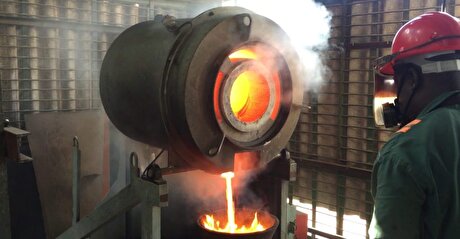
Zimbabwe labs overwhelmed as gold rally spurs exploration, miner says
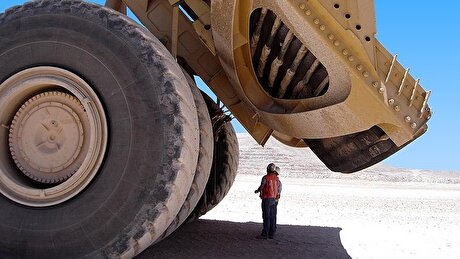
Cochilco maintains copper price forecast for 2025 and 2026
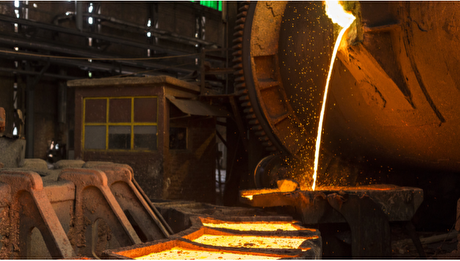
Adani’s new copper smelter in India applies to become LME-listed brand

HSBC sees silver benefiting from gold strength, lifts forecast

Mosaic to sell Brazil potash mine in $27M deal amid tariff and demand pressures
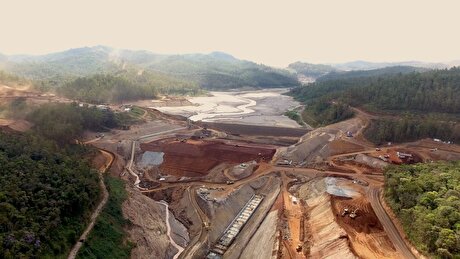
Samarco gets court approval to exit bankruptcy proceedings

Hudbay snags $600M investment for Arizona copper project

Discovery Silver hits new high on first quarterly results as producer
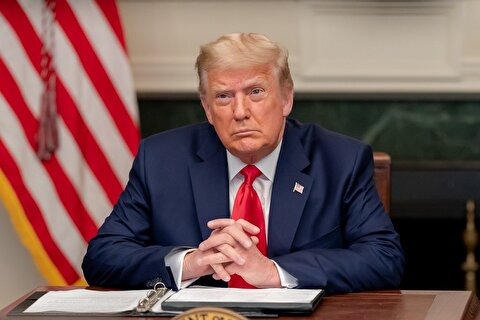
Trump says gold imports won’t be tariffed in reprieve for market

AI data centers to worsen copper shortage – BNEF

Cochilco maintains copper price forecast for 2025 and 2026

Adani’s new copper smelter in India applies to become LME-listed brand

HSBC sees silver benefiting from gold strength, lifts forecast

Mosaic to sell Brazil potash mine in $27M deal amid tariff and demand pressures

Samarco gets court approval to exit bankruptcy proceedings

Hudbay snags $600M investment for Arizona copper project

Discovery Silver hits new high on first quarterly results as producer

Trump says gold imports won’t be tariffed in reprieve for market

AI data centers to worsen copper shortage – BNEF














